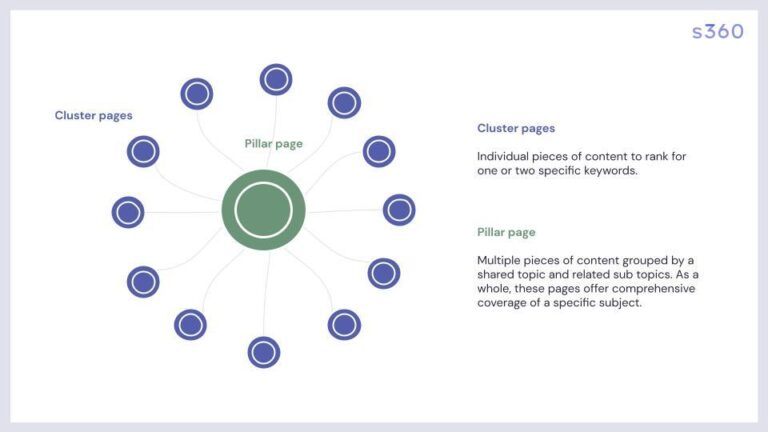Pedro S├ĪnchezŌĆÖs Strategic Visit to Mauritania: Advancing Migration, Trade, and Security Cooperation
Spanish Prime Minister Pedro S├Īnchez is undertaking a pivotal diplomatic journey to Mauritania this week, aimed at deepening collaboration on critical issues such as migration management, economic partnership, and regional security. This visit highlights SpainŌĆÖs proactive stance in strengthening relations with North African countries amid increasing migration pressures and instability across the Sahel region. As Europe continues to face complex migratory challenges originating from Africa, S├ĪnchezŌĆÖs engagement signals a commitment to joint solutions that benefit both nations while promoting broader regional stability.
Addressing Migration Challenges Through Joint Initiatives
During his stay in Nouakchott, Prime Minister S├Īnchez prioritized discussions on formulating robust strategies to tackle migration-related concerns impacting Spain and Mauritania alike. Emphasizing a holistic framework, he advocated for policies that safeguard migrant welfare while intensifying efforts against human trafficking networks. This approach aligns with the European Union’s evolving agenda focused on sustainable migration governance that balances humanitarian considerations with security imperatives.
The dialogue yielded several proposed collaborative measures designed to enhance border control efficiency and stimulate local economiesŌĆökey factors in mitigating irregular migration flows:
- Coordinated Maritime Surveillance: Expanding joint patrols along maritime routes to prevent unauthorized crossings.
- Safe Legal Migration Pathways: Establishing regulated channels facilitating orderly movement of migrants seeking opportunities abroad.
- Sustainable Development Investments: Channeling aid into Mauritanian infrastructure and job creation projects aimed at reducing emigration drivers.
This multifaceted strategy reflects mutual responsibility between Spain and Mauritania in managing migratory dynamics while fostering socio-economic resilience within vulnerable communities.
Evolving Economic Ties: Unlocking Trade Potential Amidst Challenges
S├ĪnchezŌĆÖs visit also reinforced commitments toward expanding bilateral trade relations at a time when economic interdependence between Spain and Mauritania is becoming increasingly significant. Discussions centered around sectors ripe for growth including agriculture modernization, fisheries enhancement, and renewable energy developmentŌĆöareas where both countries can leverage complementary strengths for shared prosperity.
Mauritania’s abundant natural resources present promising opportunities for Spanish enterprises seeking new markets amid global supply chain disruptions caused by geopolitical tensions. The anticipated rise in trade volume could invigorate both economies; however, realizing this potential demands overcoming certain obstacles such as regulatory discrepancies that currently impede smooth commercial exchanges.
The two governments acknowledged the necessity of harmonizing standards and investing in capacity building initiatives within Mauritanian industries so they can compete effectively on an international scale. Additionally, labor rights protections linked closely with migration patterns were highlighted as integral components influencing trade sustainability moving forward.
A Unified Front on Regional Security: Strengthening Sahel Stability
The high-level talks underscored renewed focus on enhancing security cooperation across the SahelŌĆöa region grappling with escalating threats from terrorism networks, illicit trafficking operations, and uncontrolled migratory movements. Prime Minister S├Īnchez emphasized the importance of multilateral partnerships involving Sahelian states alongside external allies committed to stabilizing this volatile area through coordinated action plans.
A key element discussed was improving intelligence-sharing frameworks coupled with intensified military collaboration designed for rapid response capabilities against emerging threats. These efforts are crucial not only for immediate counterterrorism objectives but also for creating an environment conducive to long-term development initiatives throughout the region.
Beyond defense measures, socio-economic interventions were identified as vital tools addressing root causes of insecurity by empowering local populations economically and socially:
- Civic Participation Programs: Engaging communities directly in security dialogues fosters trust-building essential for effective governance.
- Sustainable Economic Projects: Supporting ventures that generate employment reduces susceptibility to extremist recruitment tactics prevalent among disenfranchised youth populations.
- Lawmaker Training & Resources Enhancement: Equipping national police forces with modern skills ensures better enforcement of laws combating illegal activities like wildlife traffickingŌĆöa growing concern threatening biodiversity conservation efforts across West Africa.[Source]
This comprehensive approach demonstrates recognition among regional leaders that sustainable peace requires integrating security operations with developmental support tailored specifically toward vulnerable communitiesŌĆÖ needs within the Sahel corridor.
Conclusion: A Blueprint For Enhanced Bilateral And Regional Cooperation
The recent diplomatic engagement between Spanish Prime Minister Pedro S├Īnchez and Mauritanian officials marks a significant step towards reinforcing partnerships centered around managing complex challenges related to migration flows, economic integration, and collective security concerns affecting both nationsŌĆöand their wider neighborhoods alike. By fostering open dialogue focused on pragmatic solutions such as improved border controls combined with investment-driven development programs alongside strengthened defense alliancesŌĆöthe groundwork has been laid for more resilient cooperation frameworks capable of adapting dynamically amidst shifting geopolitical landscapes.
.







